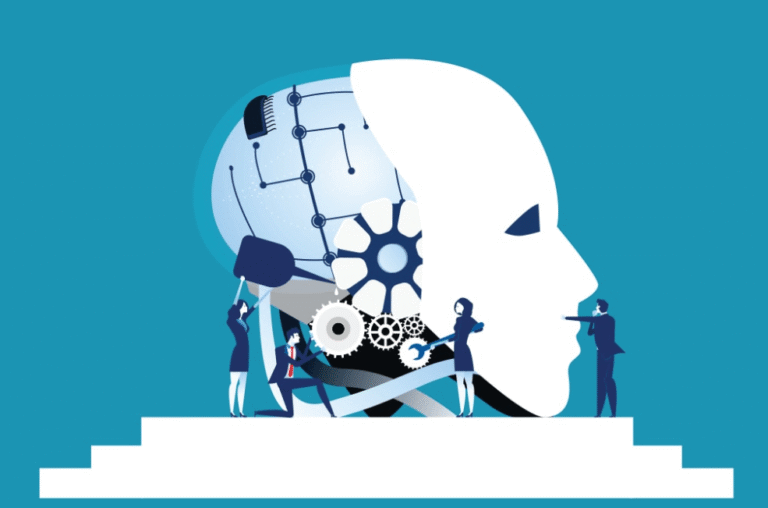What Is the Metaverse and How Will It Impact Our Future?
The Metaverse represents a significant evolution in digital interaction, merging virtual reality with social engagement and commerce. Its expansive nature encompasses various applications, influencing how individuals connect, learn, and work. However, as this digital realm develops, it also presents challenges related to privacy and accessibility. Understanding the implications of the Metaverse is crucial, as its impact on societal structures could redefine our future interactions in profound ways. What lies ahead in this uncharted territory?
Understanding the Metaverse: Definition and Components
The metaverse represents a transformative digital frontier, encompassing a vast array of virtual environments and experiences.
By integrating virtual reality technologies, it facilitates immersive interactions that redefine social engagement and economic transactions.
This digital economy is characterized by decentralized platforms, enabling users to create, trade, and monetize digital assets, fostering an unprecedented sense of agency and freedom within the evolving landscape of digital interaction.
See also: What Is DevOps and How Is It Transforming Software Development?
The Various Applications of the Metaverse
Numerous applications of the metaverse are emerging across various sectors, showcasing its potential to revolutionize how people interact, learn, and conduct business.
Enhanced gaming experiences, virtual commerce, and immersive storytelling redefine entertainment. Educational platforms foster innovative learning, while remote collaboration tools facilitate seamless teamwork.
Additionally, digital real estate offers new avenues for creative expression and social interactions, further enriching the metaverse landscape.
Challenges and Considerations for the Metaverse
While the metaverse holds transformative potential, several challenges and considerations must be addressed to ensure its successful integration into society.
Privacy concerns and digital ethics loom large, necessitating robust regulatory frameworks.
Accessibility issues and technological barriers may hinder inclusivity, while user safety remains paramount.
To realize the metaverse’s promise, stakeholders must navigate these complexities thoughtfully and collaboratively, prioritizing freedom and equity for all participants.
The Future of the Metaverse: Implications for Society
As the metaverse continues to evolve, its implications for society become increasingly significant.
It transforms social interaction, creating virtual spaces where individuals can connect beyond geographic limitations. This shift fosters a new digital economy, empowering users to engage in commerce and creativity in unprecedented ways.
Consequently, society must navigate these changes, balancing opportunities with ethical considerations to ensure a free and equitable digital landscape.
Conclusion
In conclusion, the Metaverse stands poised to revolutionize human interaction and economic structures, with projections suggesting that the global Metaverse market could reach $800 billion by 2024. This expansive digital realm offers unprecedented opportunities for social engagement, commerce, and creativity, yet it also presents significant ethical challenges regarding privacy and accessibility. As stakeholders collaborate to shape this evolving landscape, the potential for a more interconnected and equitable society rests on their collective efforts.






